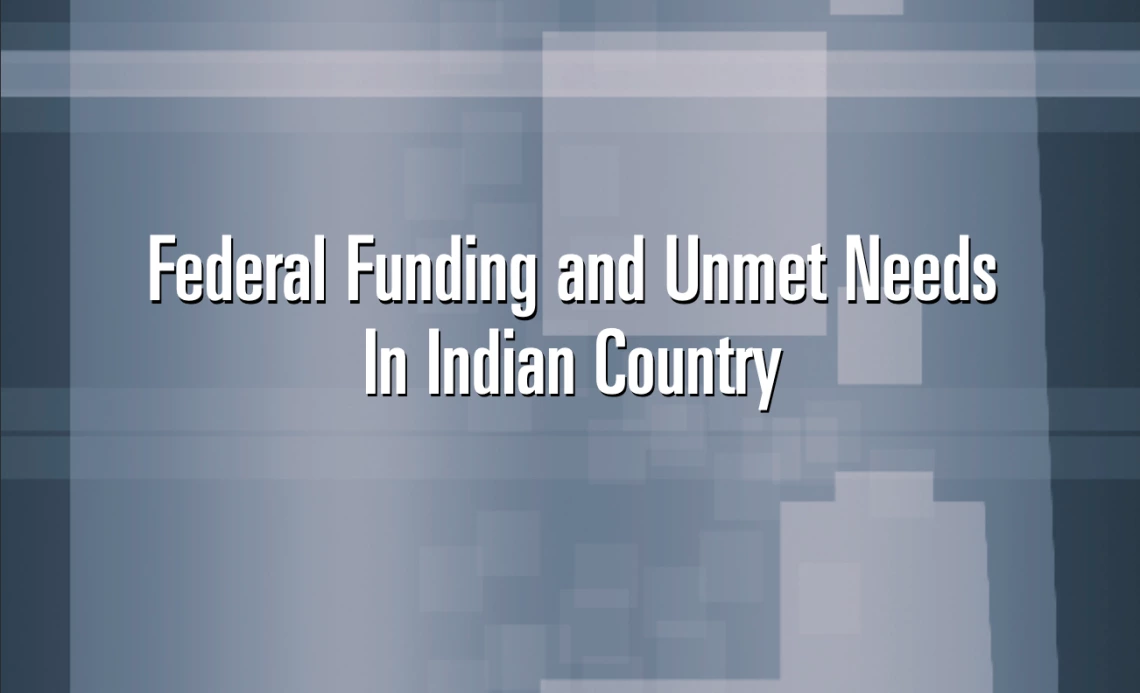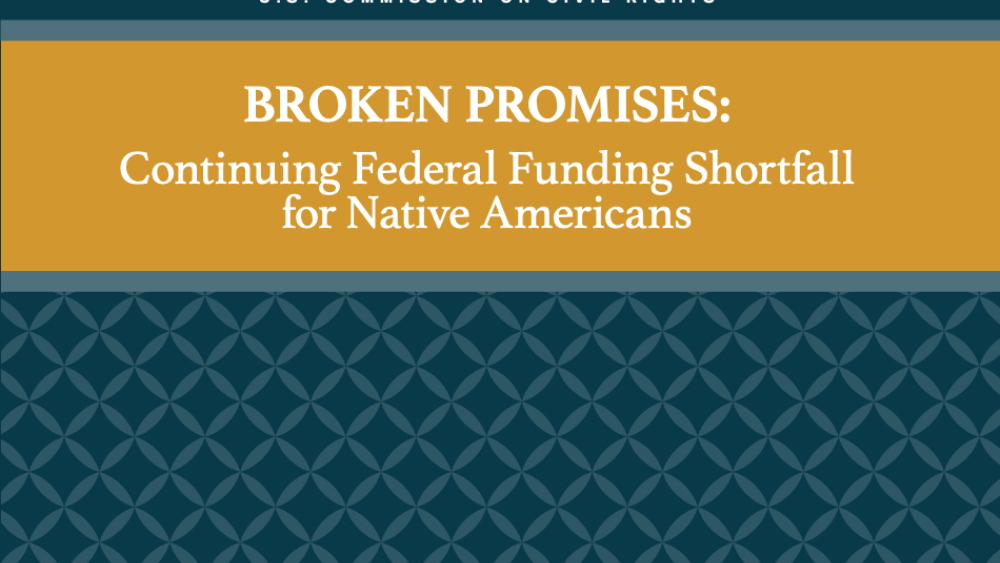The federal government has a long-established special relationship with Native Americans characterized by their status as governmentally independent entities, dependent on the United States for support and protection. In exchange for land and in compensation for forced removal from their original homelands, the government promised through laws, treaties, and pledges to support and protect Native Americans. However, funding for programs associated with those promises has fallen short, and Native peoples continue to suffer the consequences of a discriminatory history. Federal efforts to raise Native American living conditions to the standards of others have long been in motion, but Native Americans still suffer higher rates of poverty, poor educational achievement, substandard housing, and higher rates of disease and illness. Native Americans rank at or near the bottom of nearly every social, health, and economic indicator. Small in numbers and relatively poor, Native Americans often have had a difficult time ensuring fair and equal treatment on their own. Unfortunately, relying on the nation's goodwill to honor its obligation to Native Americans clearly has not resulted in desired outcomes. Its small size and geographic apartness from the rest of American society induces some to designate the Native American population as the “invisible minority.” To many, the government’s promises to Native Americans go largely unfulfilled. Thus, through this report, the U.S. Commission on Civil Rights gives voice to a quiet crisis.
Additional Information
The United States Commission on Civil Rights. A Quiet Crisis Federal Funding and Unmet Needs in Indian Country. (2003). The United States Commission on Civil Rights: Washington DC. https://www.usccr.gov/pubs/na0703/na0204.pdf



